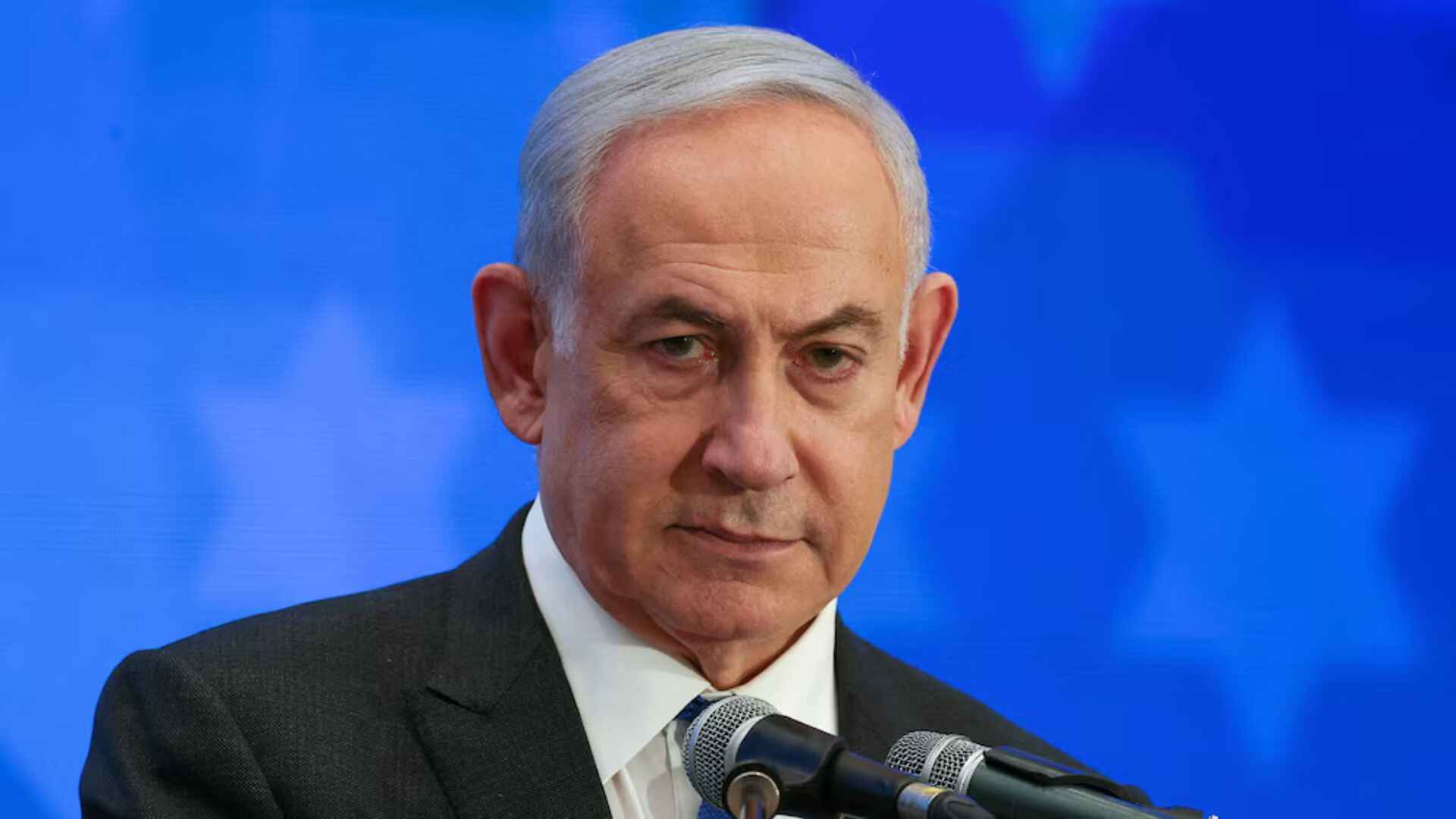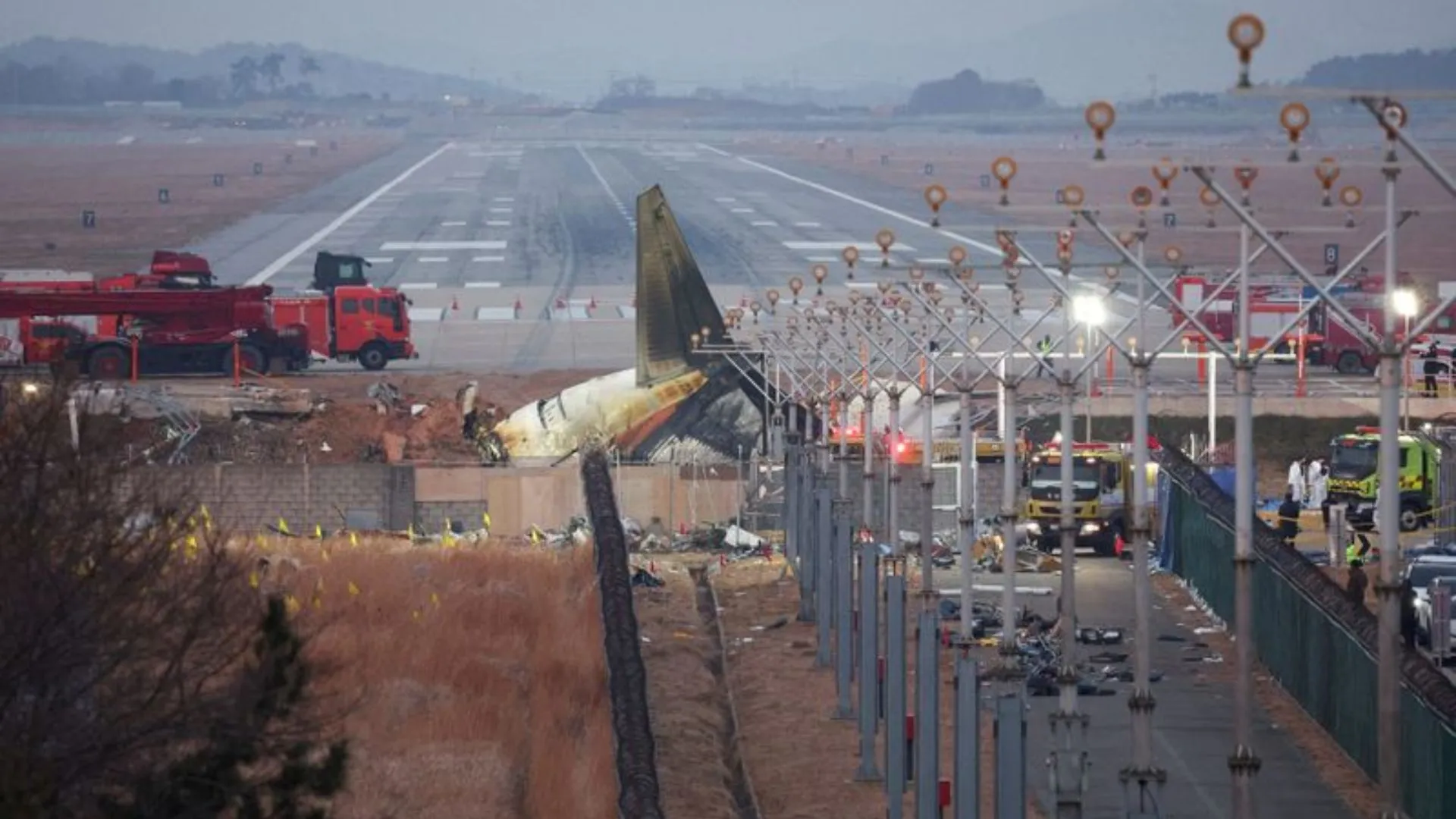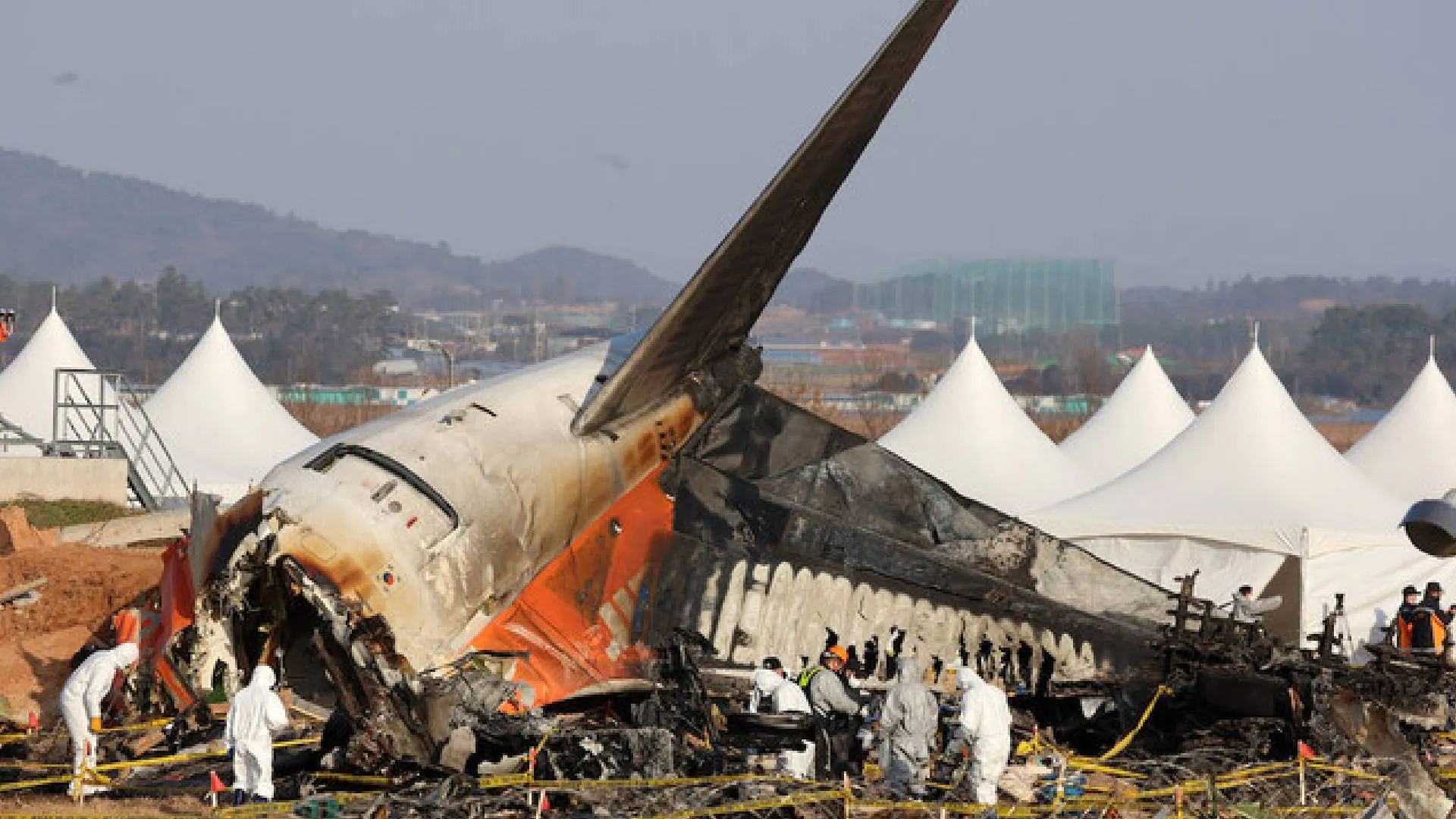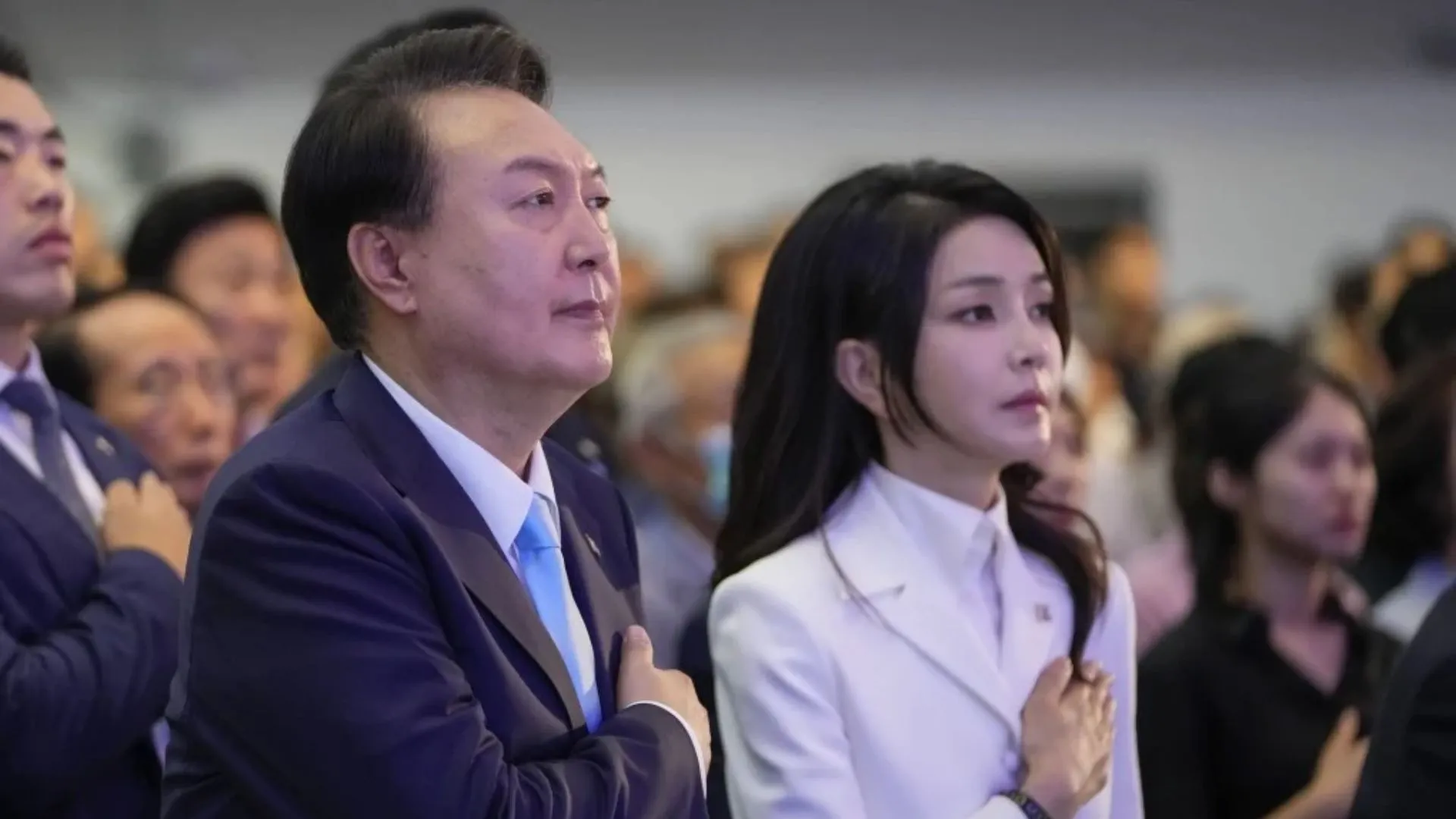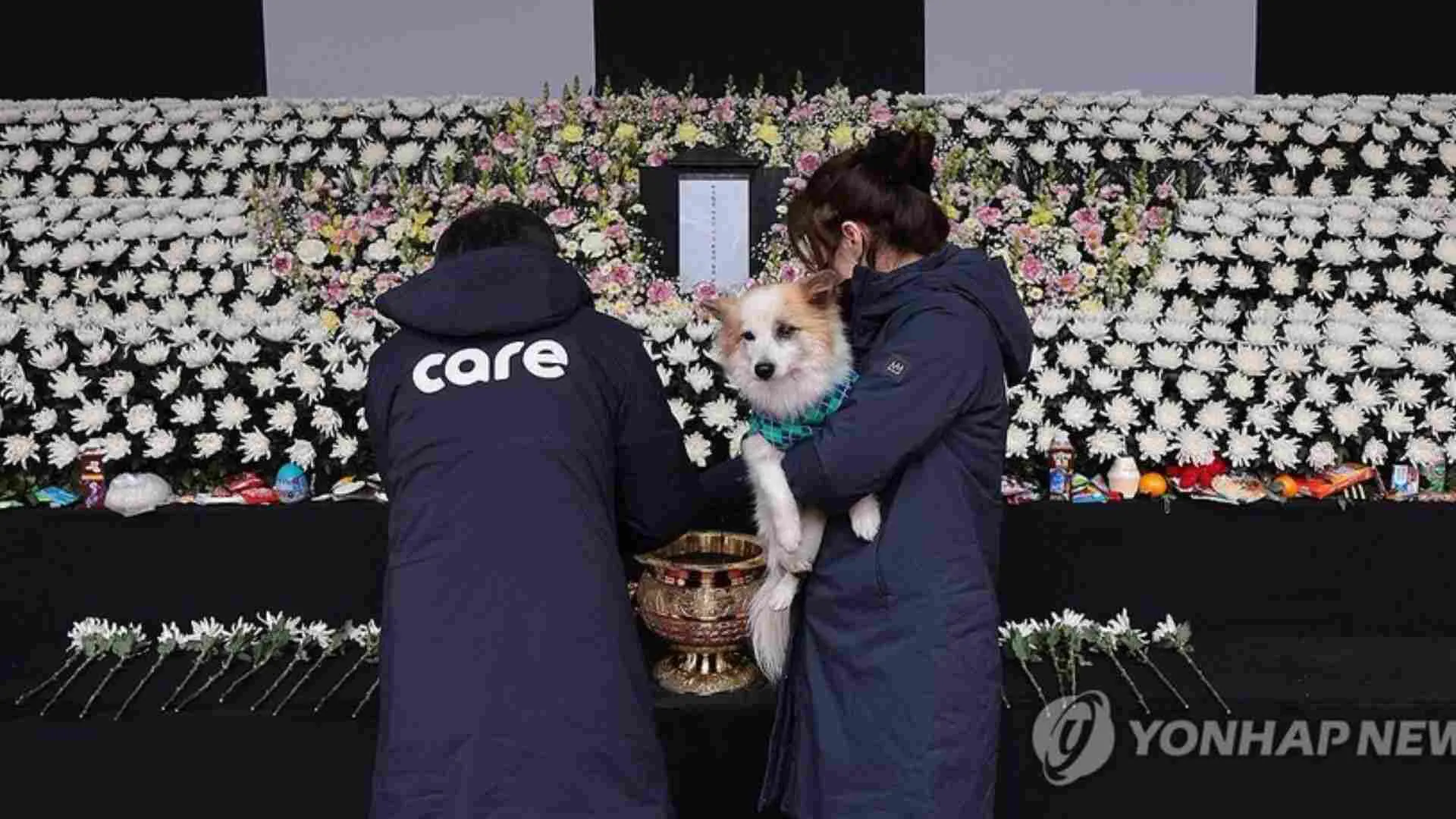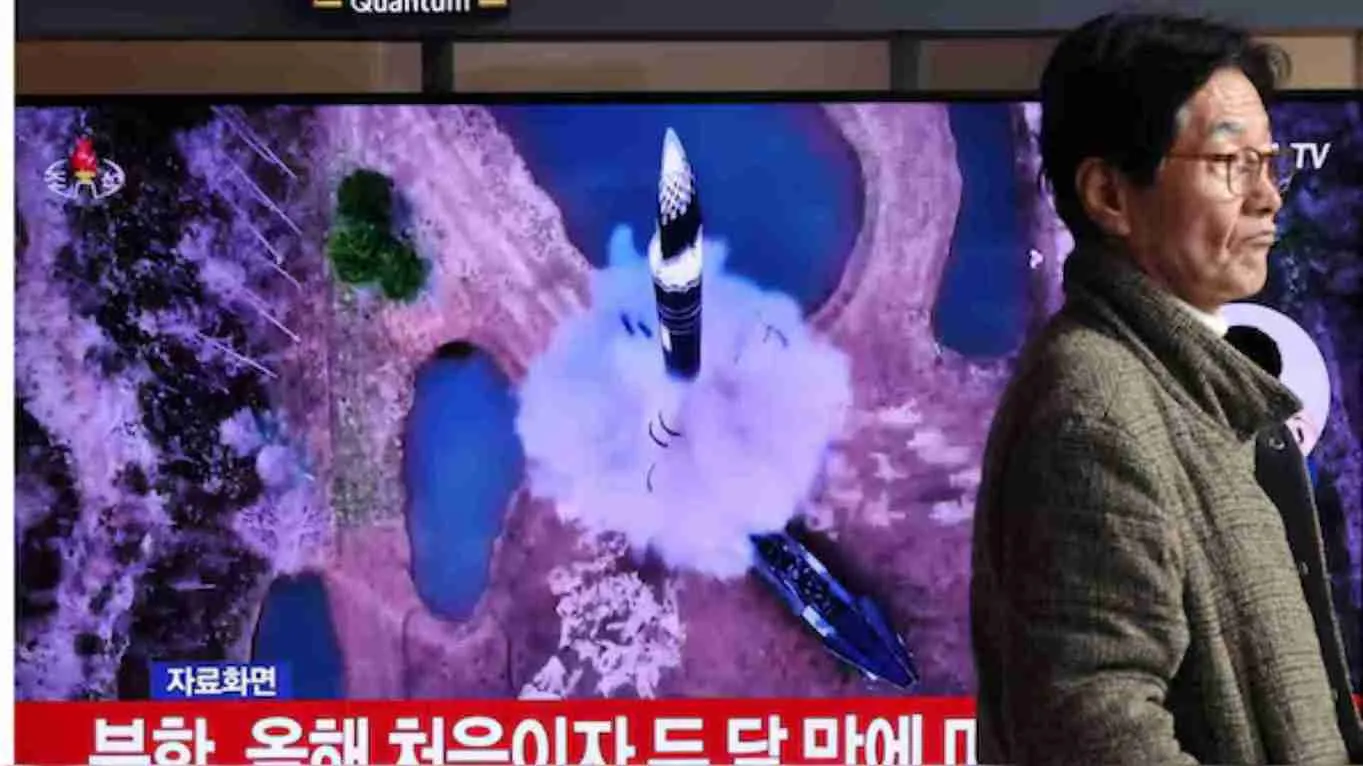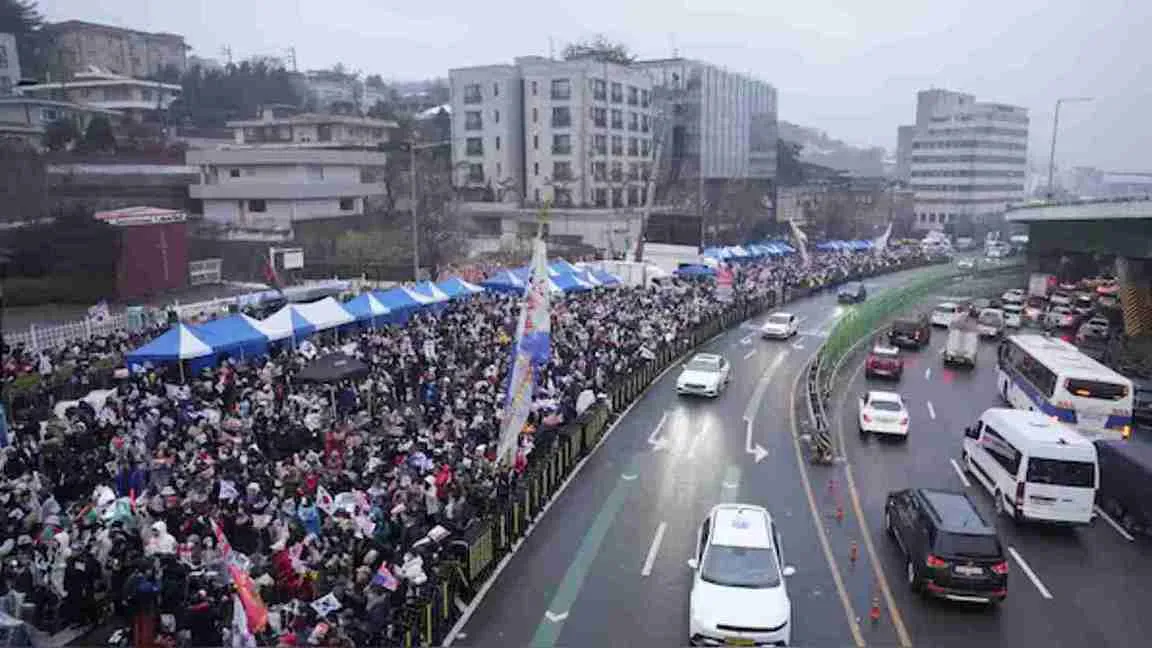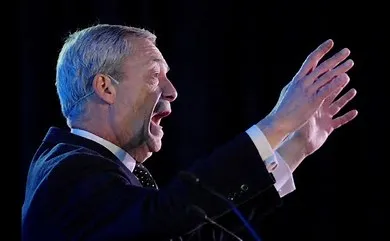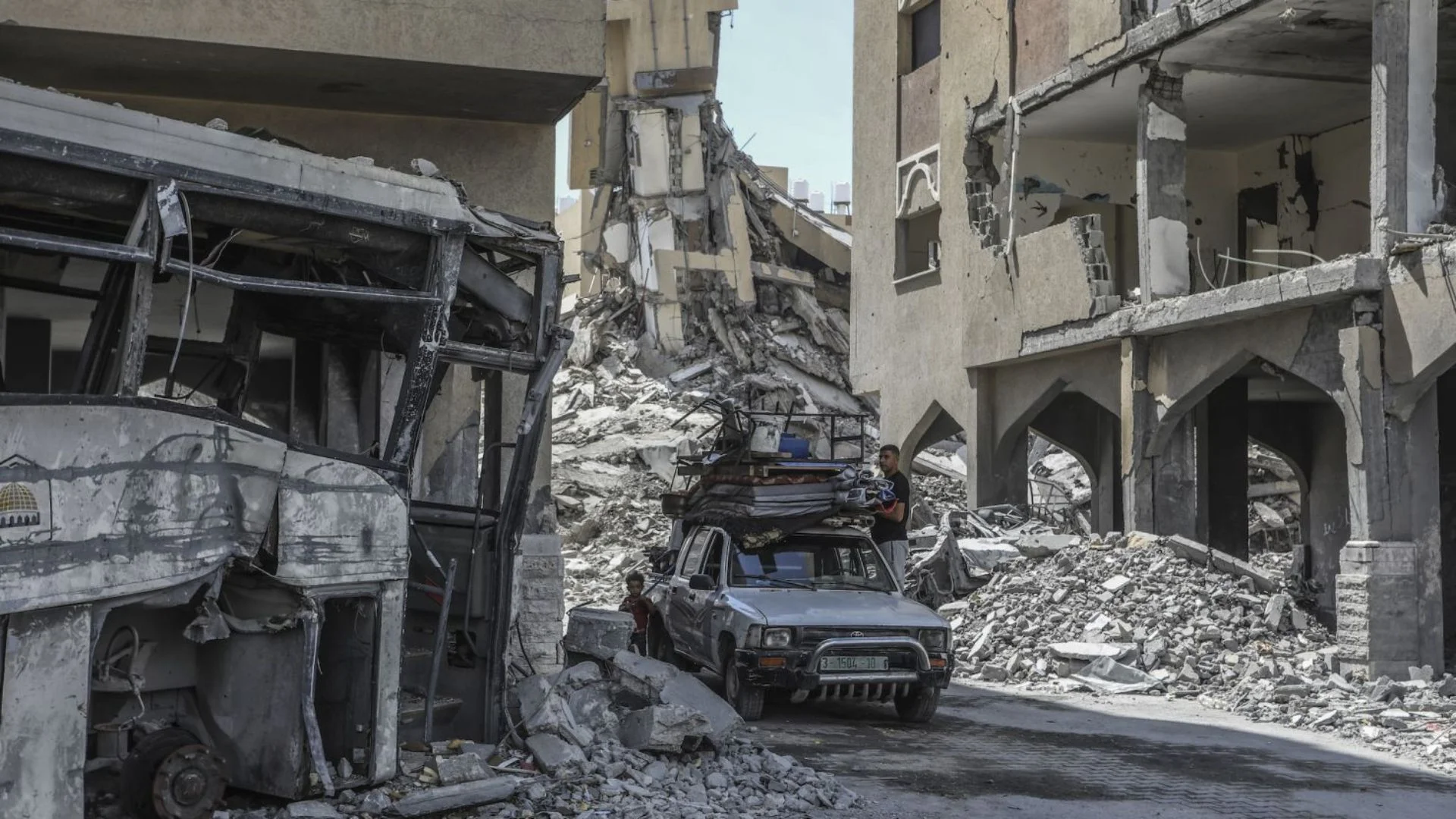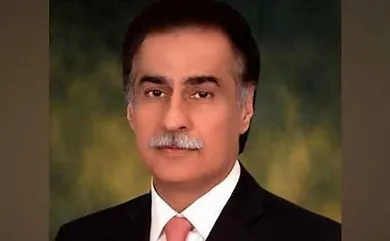Israeli Prime Minister Benjamin Netanyahu referred to the country’s strike on a displacement camp in Rafah as a “tragic mistake” on Monday. He stated that Israel was conducting an investigation into the incident, as reported by CNN.
During his address at the Israeli Knesset, Netanyahu mentioned that despite their best efforts not to harm those not involved, a tragic mistake had occurred the previous night and that they were investigating the case.
The strike on the camp, according to the government media office in Gaza, resulted in at least 45 deaths and 200 injuries. Following the attack, the Israel Defence Forces (IDF) announced that two senior Hamas officials had been killed in a targeted strike on a Hamas compound. This Israeli response came after Hamas launched its first rocket attack on Tel Aviv in several months.
The IDF identified the officials killed as Yassin Rabia, who managed Hamas terrorist activities in Judea and Samaria and facilitated funding for terrorist targets, and Khaled Najjar, who directed shooting attacks and other terrorist operations in the same region. The IDF stated that Rabia was eliminated in the precise airstrike in northwest Rafah and that he managed the entirety of Hamas’ terrorist activity in Judea and Samaria, transferring funds to terrorist targets and planning attacks throughout the region. Rabia also carried out numerous attacks in which IDF soldiers were killed. Similarly, the IDF described Najjar as a senior official in Hamas’ Judea and Samaria Headquarters, directing shooting attacks and other terrorist activities in Judea and Samaria and transferring funds intended for Hamas’ activities in Gaza, having also carried out several deadly attacks in which IDF soldiers were killed.
Social media videos showed a large fire at the strike site, with paramedics and firefighters managing the aftermath. The targeted area included a container used as a shelter by dozens of families, surrounded by hundreds of tents.
Gaza’s government office claimed that the Israeli army had designated these zones as safe, yet attacked when displaced people sought refuge. The IDF confirmed the strike on a Hamas compound in Rafah, asserting that it targeted legitimate entities under international law using precise intelligence and munitions. They acknowledged civilian harm due to the strike and subsequent fire and stated that the incident was under review.
The Rafah airstrikes occurred shortly after the United Nations’ top court ordered Israel to halt its operations in the southern Gaza city and withdraw from the enclave. The International Court of Justice (ICJ) in The Hague issued the order following a case brought by South Africa accusing Israel of genocide, citing “immense risk” to the Palestinian population.
ICJ President Judge Nawaf Salam indicated that Israel must immediately halt its military offensive and any other action in the Rafah Governorate which may inflict on the Palestinian group in Gaza conditions of life that could bring about its physical destruction in whole or in part.
This decision marks the third instance this year where the 15-judge panel has issued orders aimed at reducing the death toll and easing humanitarian suffering in Gaza. Although these orders are legally binding, the court lacks the enforcement power to ensure compliance.

